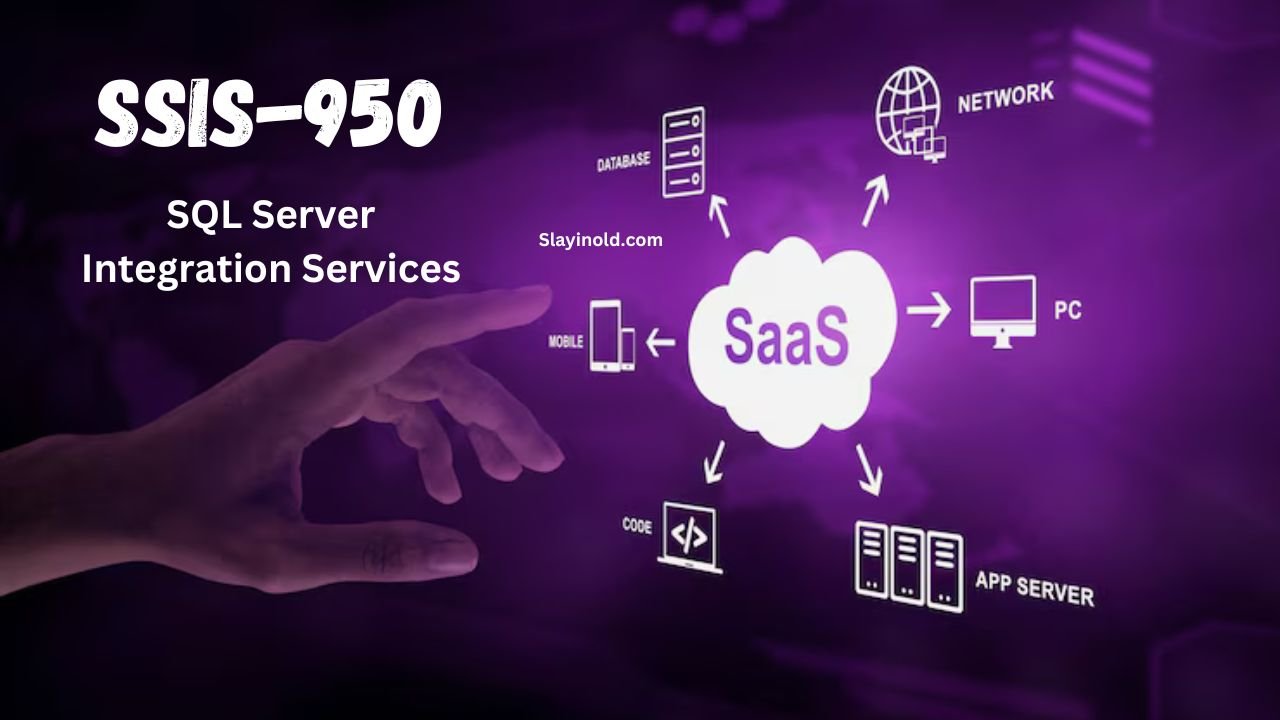SSIS-950 is the latest version of SQL Server Integration Services (SSIS), a powerful tool used for data integration, transformation, and migration. With its advanced features and enhanced performance, SSIS-950 is poised to revolutionize how organizations handle their data workflows. This article explores the key features, benefits, and applications of SSIS-950, highlighting its role in modern data management.
What is SSIS-950?
SSIS-950 is an upgraded version of Microsoft’s SQL Server Integration Services, designed to facilitate data extraction, transformation, and loading (ETL) processes. It offers a comprehensive solution for integrating disparate data sources, transforming data into useful formats, and loading it into data warehouses or other target systems.
Key Features of SSIS-950
- Enhanced Performance SSIS-950 introduces significant performance improvements, ensuring faster data processing and more efficient resource utilization. These enhancements allow organizations to handle large volumes of data with ease, reducing the time required for ETL operations.
- Advanced Data Transformation The new version includes advanced data transformation capabilities, enabling complex data manipulations and calculations. Users can apply a wide range of transformations to clean, aggregate, and enrich their data before loading it into the target system.
- Improved Connectivity SSIS-950 offers improved connectivity options, supporting a broader range of data sources and destinations. This includes native connectors for popular cloud platforms, databases, and enterprise applications, facilitating seamless data integration across different environments.
- User-Friendly Interface The upgraded user interface in SSIS-950 makes it easier for developers and data professionals to design and manage ETL workflows. The intuitive design and drag-and-drop functionality simplify the process of creating data integration tasks, reducing the learning curve for new users.
- Robust Error Handling SSIS-950 features robust error handling mechanisms, allowing users to define custom error handling strategies for different scenarios. This ensures that data integration processes are resilient and can recover gracefully from unexpected issues.
Benefits of Using SSIS-950
- Scalability SSIS-950 is designed to scale with the needs of growing organizations. Its performance enhancements and efficient resource management enable it to handle increasing data volumes without compromising on speed or reliability.
- Flexibility With its extensive connectivity options and advanced transformation capabilities, SSIS-950 offers unmatched flexibility in designing ETL workflows. Organizations can tailor their data integration processes to meet specific business requirements.
- Cost Efficiency By streamlining data integration and reducing the time required for ETL operations, SSIS-950 helps organizations achieve cost efficiencies. The improved performance and reduced resource consumption translate to lower operational costs.
- Data Quality SSIS-950’s advanced data transformation and error handling features contribute to improved data quality. Organizations can ensure that their data is accurate, consistent, and reliable, supporting better decision-making.
Applications of SSIS-950
- Data Warehousing SSIS-950 is widely used in data warehousing projects to extract data from various sources, transform it into a suitable format, and load it into data warehouses. This process supports the creation of centralized repositories for analytical and reporting purposes.
- Data Migration Organizations can leverage SSIS-950 for data migration projects, moving data from legacy systems to modern platforms. The tool’s robust connectivity and transformation capabilities make it ideal for complex migration tasks.
- Business Intelligence SSIS-950 plays a critical role in business intelligence (BI) initiatives by integrating data from different sources and ensuring that it is ready for analysis. This supports the creation of comprehensive BI solutions that provide actionable insights.
- Cloud Integration With its support for cloud platforms, SSIS-950 enables organizations to integrate on-premises data with cloud-based services. This facilitates hybrid data environments and supports cloud migration strategies.
Conclusion: Embracing the Future of Data Management
SSIS-950 represents a significant advancement in the field of data integration and management. Its enhanced performance, advanced transformation capabilities, and improved connectivity options make it a powerful tool for modern organizations. By leveraging SSIS-950, businesses can achieve efficient, scalable, and cost-effective data integration, supporting their digital transformation journeys and enabling better decision-making. As data continues to grow in importance, SSIS-950 stands out as a critical component in the data management toolkit.











